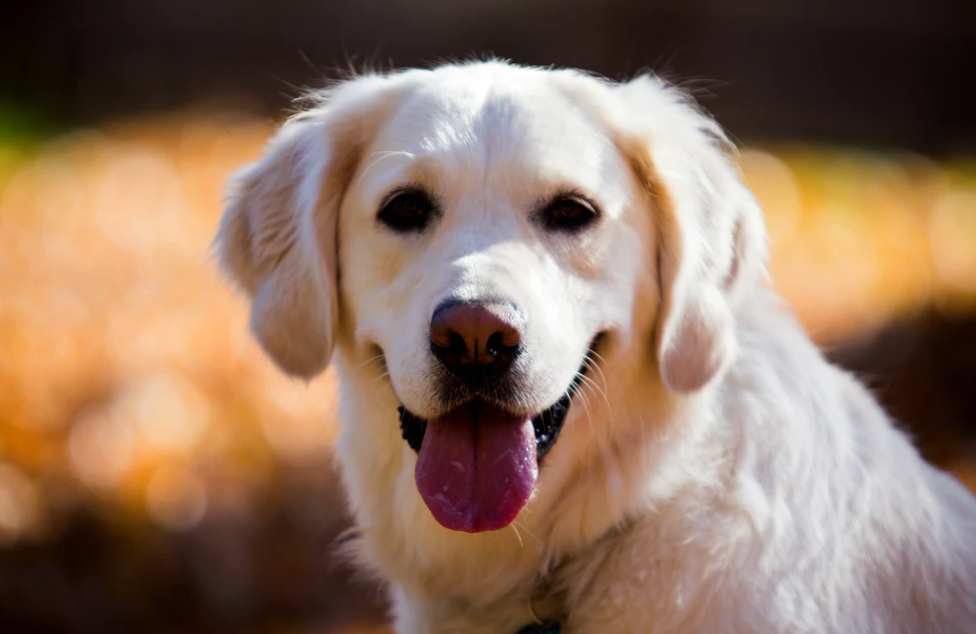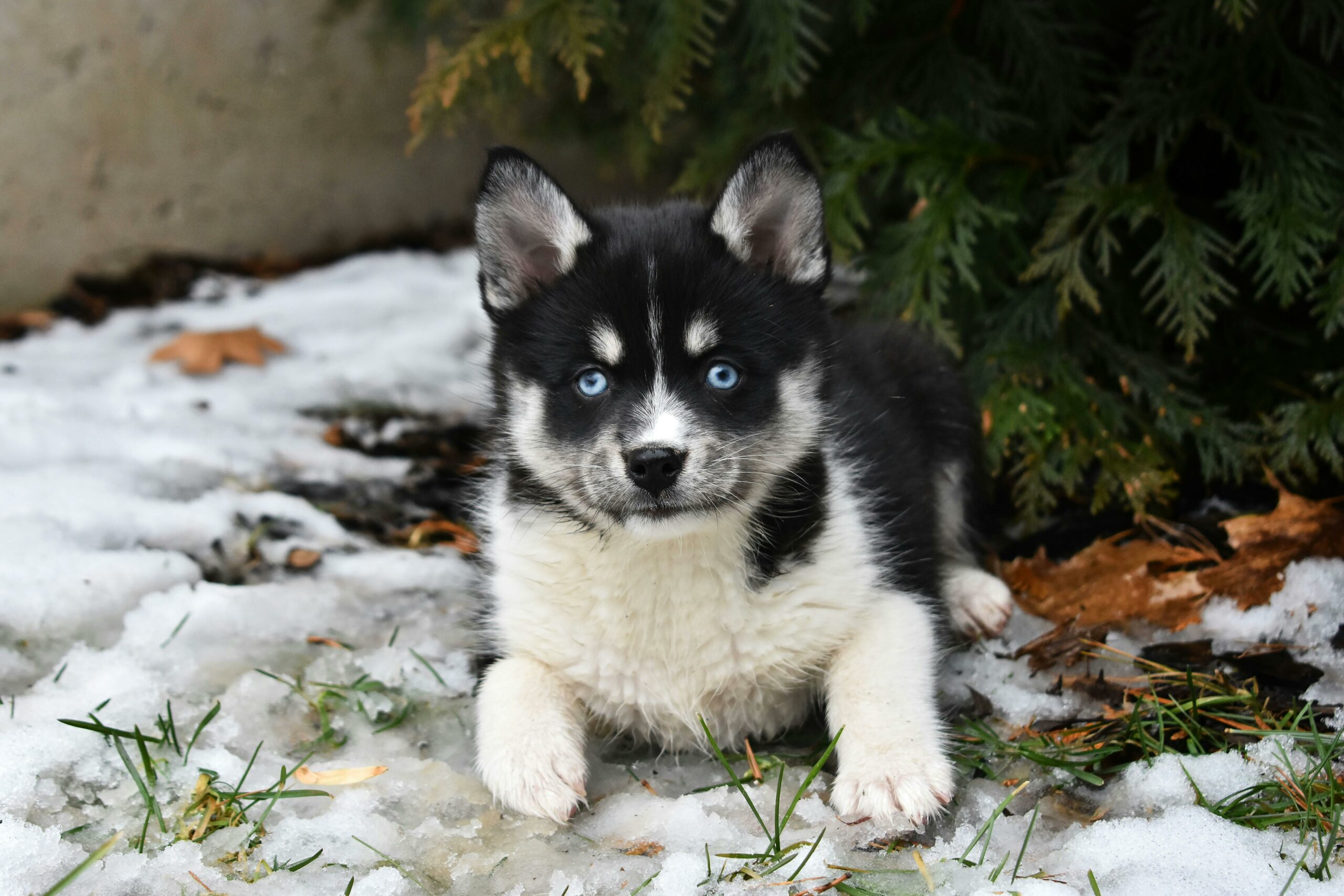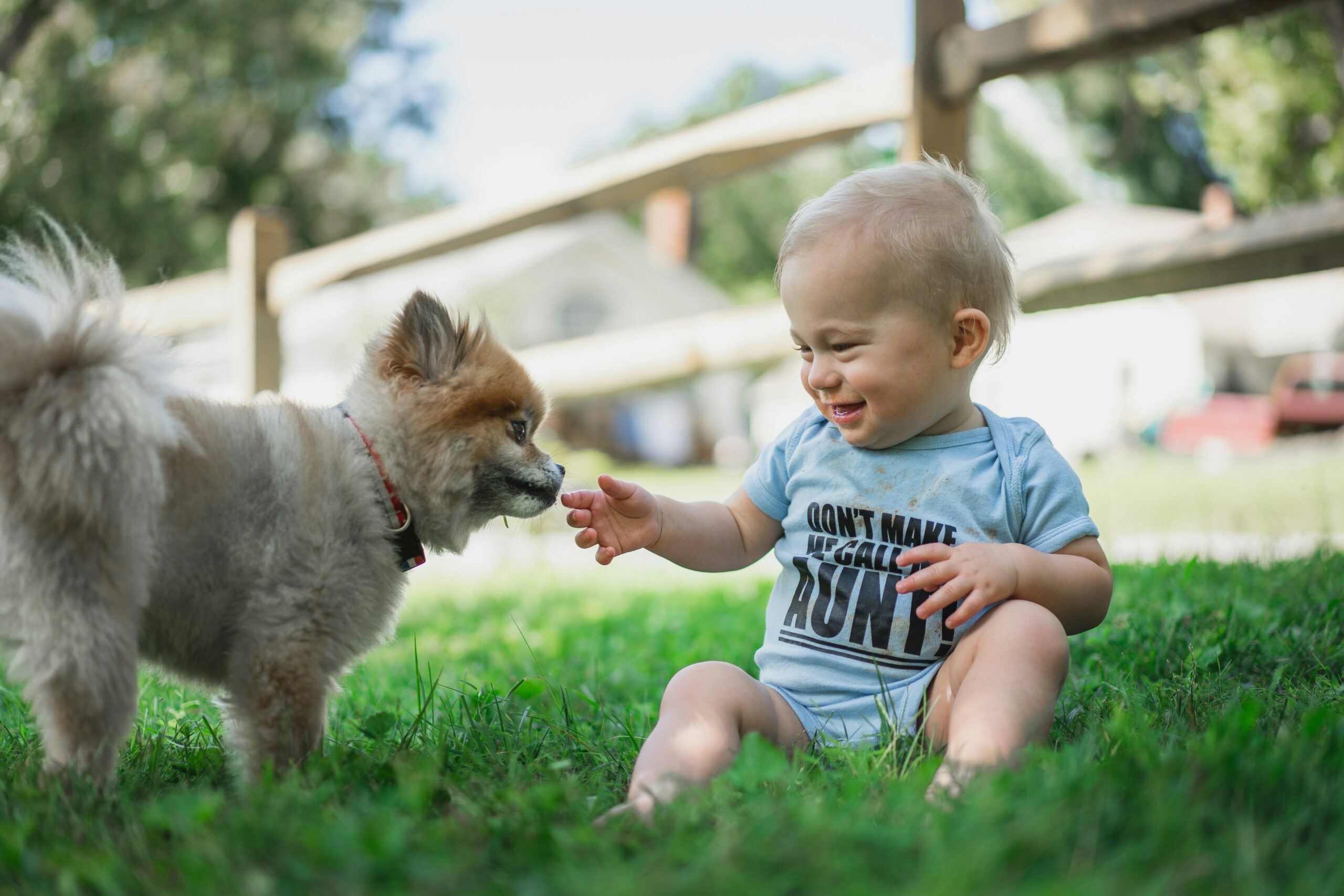When someone mentions golden retriever, the first picture that comes to my mind is a joyful, playful, and cuddly ball of golden fur. But, did you know that these golden balls of love were first bred as hunting dogs in Scotland at the beginning of the 1800s? Although they are still used for hunting, golden retrievers are intelligent, beautiful creatures, and the perfect family member.
Knowing how to care for a golden retriever will contribute to a healthy and happy puppy life.
Health Comes First
Let Me See those White Pearls
Taking care of your golden retriever’s teeth should be one of your top priorities. Why? Because improper dental care can lead to falling off the teeth, gum disease, lung disease, kidney disease, even shorten your pup’s life span by one or two years. It is important to start with dental checkups while the pooch is younger. Take it to the vet for regular cleaning and then consult with your veterinarian about actions you could do at home to prevent teeth decay.
What does the Weighing Scale Say?
Obesity in dogs is a big problem as in people. It can cause or aggravate heart conditions, back pain, digestive problems, and joint pain. We know those puppy eyes can be very convincing, but giving your golden ball of love more food than it needs may cause serious health issues.
Instead of feeding it people food and giving it treats constantly, try spending more time playing with the doggie, petting it, brushing its golden coat, or taking it for a walk.
Vaccines and Infections
Just as any other dog breed, golden retrievers can get various infections caused by rabies, distemper, and parvo. You can prevent many infections by getting your pup vaccinated. Ensure it gets all vaccines on time based on its age.
Have you Thought about Spaying (Neutering)?
If you decide to spay or neuter your golden retriever, it will decrease the chances of it getting certain types of cancer. Furthermore, if you don’t want any golden puppies running around then this will ensure that doesn’t happen. Also, while your pup is still asleep from the anesthesia, you could ask the vet to perform certain tests that may help you discover which diseases the doggie is likely to develop.
Golden Genes

There are certain diseases that your golden retriever may be genetically predisposed to develop. However, regular veterinary visits and proper care will help with preventing or at least early detection.
Cancer is very common in older dogs regardless of the breed. So, when it is in its golden years check your dog regularly for lumps and take it for checkups at the vet. Early detection and proper treatment will likely save your pup’s life.
Certain diseases (like dysplasia) can affect your golden retriever’s bones and joints. Get to know your pooch, be vigilant, get knowledgeable and act on time.
Golden retrievers have narrow chests, which makes them more likely than other breeds to have bloat. If detected on time, it can be treated or maybe even perform preventative surgery.
Diabetes, allergies, liver, and thyroid problems can be common in golden retrievers. However, as we mentioned before, with early detection you can prevent, treat or cure many of the diseases.
Moreover, knowing what disease your dog is likely to develop can help with providing it with proper nutrition.
Food, Water, and Treats
Food quality
Properly balanced nutrition will help your golden ball of fur to have a healthier and happier life. Food quality plays a big role, so ensure that the brand you choose for your dog provides all the necessary nutrition that it needs. Moreover, it should have meat as a basic ingredient, and grains should be present in a very small quantity. We recommend joining a breed specific club or group online or in person to compare notes for best practices!
Feeding Time
Consult with your vet to create a feeding schedule for the golden retriever. It will create discipline and avoid eating more than it is necessary. While it is a puppy, your dog will need to be fed more frequently than when it gets older.
A Bowl of Fresh, Clean Water
Your golden pooch has to have access to fresh, clean water at all times. Ensure you change it minimum once a day. Furthermore, it is better if the bowl is made of stainless steel because it is a more durable material and it is less likely to keep bacteria.
Time for Treats…Healthy Treats
Your golden retriever has done something very good, and you want to reward it with a treat. Opt for a healthy variation and less quantity or it may become overweight. In relation, try treats like baby carrots, a few frozen blueberries, or maybe you could try making your own dog treats.
What Food can be Toxic?
Avoid food like chocolate, onion, garlic, nuts, grapes, avocados, and it goes without question, alcohol. Some of these are toxic for humans, so imagine what they can do to your golden retriever. If your pup accidentally ingests some of these foods and starts vomiting take it to the vet immediately.
Grooming Standards
Brush the Golden Fur Daily
Regularly brushing your golden retriever’s coat will reduce shedding. Start with a daily brushing routine while the golden ball of fur is still a puppy so that it gets you to it. Golden retrievers may have a wavy or straight coat. Nevertheless, they belong to the group of long-haired dogs.
Ensure you take care of all surfaces with the brush, and while you do that check for fleas, ticks, or maybe some redness, scratches, bumps, or cysts.
Golden Ears
Those cute, floppy, golden ears are a bit more prone to infections than ears of other dog breeds. You can prevent ear infections with frequent checking and cleaning of your pup’s ears. In addition, clean your golden retriever’s ears with damp cotton gauze, and avoid cleaning deep inside the ear.
Foul smell or wax buildup is a sign that it is time to take the goldie to the vet.
Nail Trimming
If you notice your dog’s nails are longer than they should be, take it to the vet for nail trimming or trim them yourself. However, if you decide to do it yourself, be careful of the quick which is a blood vessel inside your pup’s nail. If it gets cut, your pooch may feel pain and there will be some blood.
Try taking your golden retriever for frequent walks and exercise. It will need less frequent trimming of the nails.
Let’s Do Something Fun
Time for Some Exercise
Regular exercise or a twenty to thirty minutes walk, twice a day, is extremely important for the energetic golden retriever. You can choose to play with the little ball of love in your backyard as well, but it should be around the same amount of time. When your golden is a puppy, it will need more exercise.
Fun Games
Golden retrievers enjoy running and fetching a ball or a Frisbee. Go out in the park or other place where it’s safe for your dog to run without being distracted by a bird or other small animals. Make this a regular activity that your golden ball of love will look forward to do.
Let’s go to the Lake
From time to time, take your pup swimming. Ensure the water is safe for your doggie, and keep your eye on the cutie the whole time. It will be thrilled with joy, especially because goldies are great swimmers. However, after the swimming, make sure you check your dog’s ears.
Who doesn’t like Toys?
Get your golden retriever some stimulating toys. Goldies are very intelligent creatures, and having toys that could activate their problem-solving skills will keep them entertained for a long time.
Furthermore, switching its toys frequently will help to keep the pooch interested. Try swapping the toys daily to give it something new to look forward to every day.
It’s Time for Training

There are some things your golden retriever will need to learn while it is still a puppy. For example, train it to do its business outside. In the beginning, there will be some accidents at home, but be patient and avoid yelling or hitting your dog.
Furthermore, since golden retrievers are intelligent dogs, learning some basic commands like sit, stay or shake won’t be a problem. You won’t need more than ten minutes, but make the training sessions frequent.
In addition, exposing your golden puppy to children, cats, other pups, different noises, and crowded places will prevent it from being afraid of some situations or people. Maybe you could enroll your pooch in a socialization class for puppies.
All in all…
Like with any other pet, golden retrievers need to be cared for and loved. Knowing how to care for your golden retriever will make your life easier, and your pup’s life happier. Moreover, the happier the dog, the more fun and more entertaining your life will be. Golden retrievers certainly know how to be a man’s best friend when they receive the care they deserve.
Photo cred: https://unsplash.com/photos/K38BdU7sheE
https://unsplash.com/photos/irSAnGTSimI
https://unsplash.com/photos/tWvrUZNEKVs







